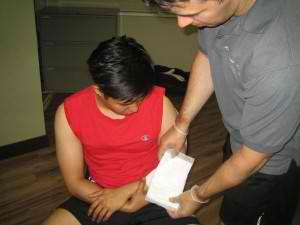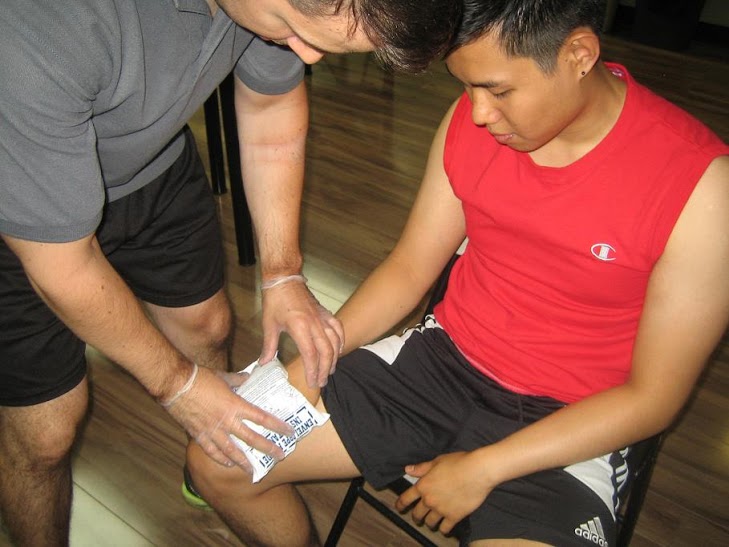How to treat uterine fibroids
Uterine fibroids or myomas are non-cancerous growths in the uterus that usually develops during the childbearing years. Fibroids range as the size of seedlings which cannot be seen by the human eye and when they are abundant, they can distort and enlarge the uterus and even reach the rib cage. Fibroids are classified based on […]
How to treat uterine fibroids Read More »





